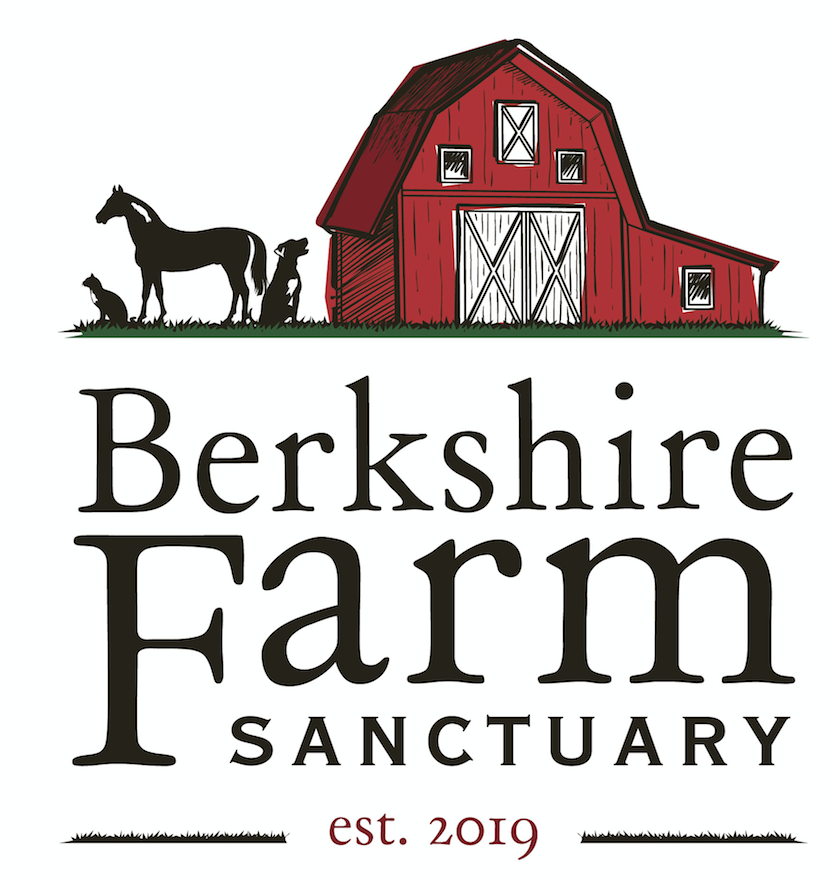The Truth Behind Lanolin
Lanolin is used in many different products: soap, cosmetics, skin and hair care, lip balm, pharmaceuticals, and can also be found in some lubricants, used to soften baseball gloves, and is added to clothing to make them water resistant. It is even used in products to prevent metal from rusting. Lanolin can be labeled as Cholesterin, Isopropyl Lanolate, Laneth, Lanogene, Lanolin Acids, Lanolin Alcohol, Lanosterols, Sterols, Triterpene Alcohols, Wool Fat and Wool Wax.
Sheep provide nearly all the world’s lanolin—the oily substance produced from the sheep’s sebaceous glands, referred to as “wool wax or wool grease”, it is extracted from sheared wool that is about to be processed into yarn or felt.
The wool industry is not a gentle place. Sheep that are bred for their wool are usually slaughtered for their meat, making lanolin a byproduct of the meat industry. In the shearing process, shearers are paid by the volume of animals they shear, so sheep are often handled roughly, with a lot being injured. Extreme cruelty of these gentle animals by shearers has been widely documented: punching, kicking, and stomping on frightened and confused sheep -- and worse. To add to the pain, in Australia, where the majority of the world’s wool is produced, the barbaric procedure Mulesing is practiced. Mulesing is where skin is sliced from the buttocks of lambs, without painkillers, to produce a scar free of wool, fecal/urine stains, and skin wrinkles to keep flies from laying eggs in the folds of their skin.
When you look at the wool industry and the suffering sheep endure for lanolin, it just makes sense to avoid the wool by-product and use products with plant-based oils in place of lanolin.

